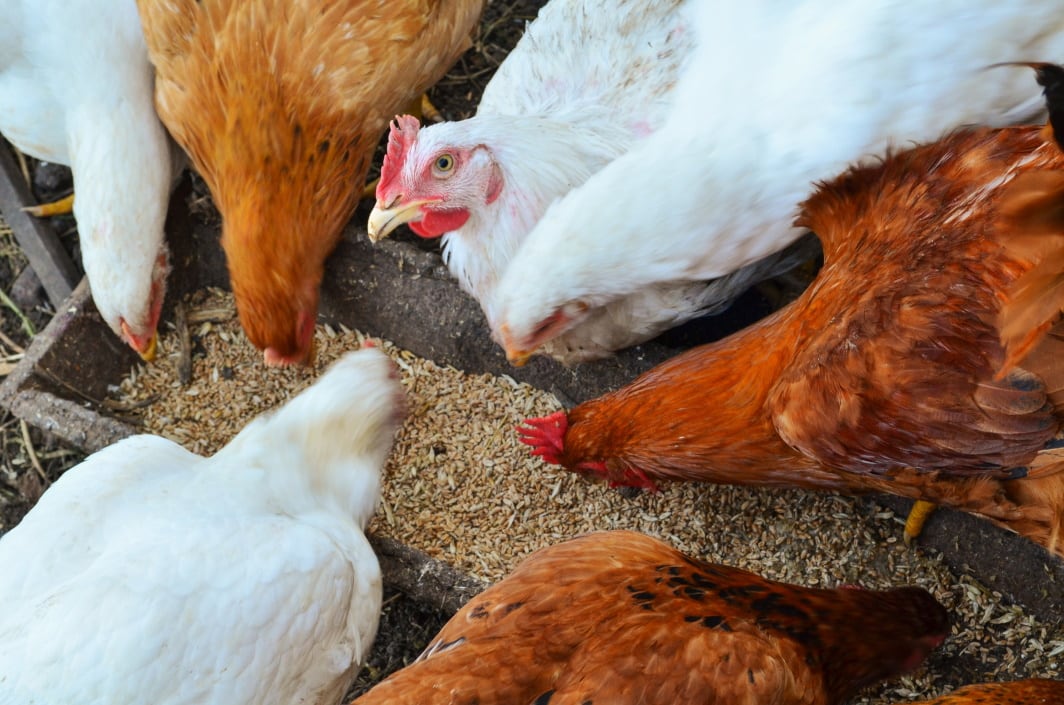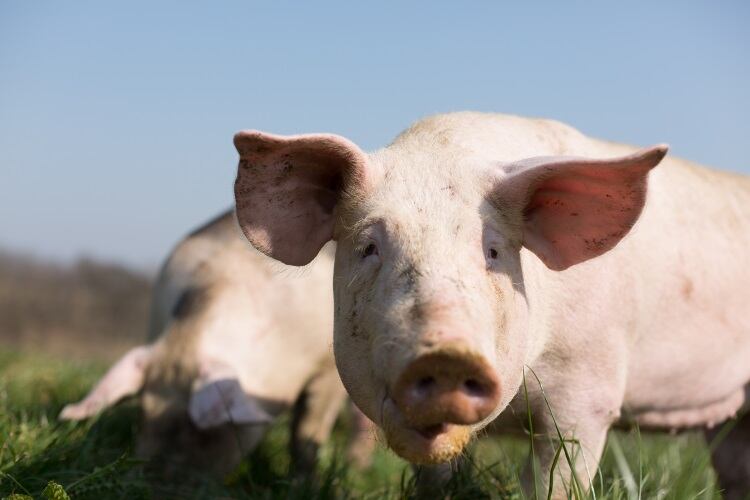Transparency is important to consumers. People increasingly want to know where their food comes from and how it was produced.
This statement is particularly applicable to the meat sector where animal welfare, health and environmental concerns are in the spotlight.
According to the 2020 Power of Meat study, published by the Foundation for Meat and Poultry Research, building trust is key to growing sector sales. This is particularly true for shoppers ‘looking to reduce their meat / poultry intake due to animal welfare, environmental or health concerns’, the paper suggested.
Looking for a way to deliver on this need, Dutch supermarket Albert Heijn turned to DNA testing in its search for a robust solution to underpin its commitment to quality, sustainability and welfare in its meat supply.
As a signatory of the 2026 European Chicken Commitment, working towards improved welfare standards, Albert Heijn became the first retailer worldwide to verify its pledge to use only slow growth breeds with DNA verification.
Albert Heijn, part of the Ahold group, worked with DNA experts at IdentiGEN and its chicken supplier, Plukon, to develop a ‘new way of testing’ that ‘accurately and precisely’ confirms the use of approved chicken genetics.
Slow growth chicken is a touchpaper issue for many Dutch consumers following years of intensive campaigning from NGOs like Wakker Dier in the country. For Albert Heijn, it was also important to leverage ‘scientific data’ to show improvements in animal welfare and health for slow growth breeds, we were told.
“Food safety, quality, sustainability and product integrity are issues that have played an important role for governments and consumers in recent years,” Emiel Beekwilder explained.
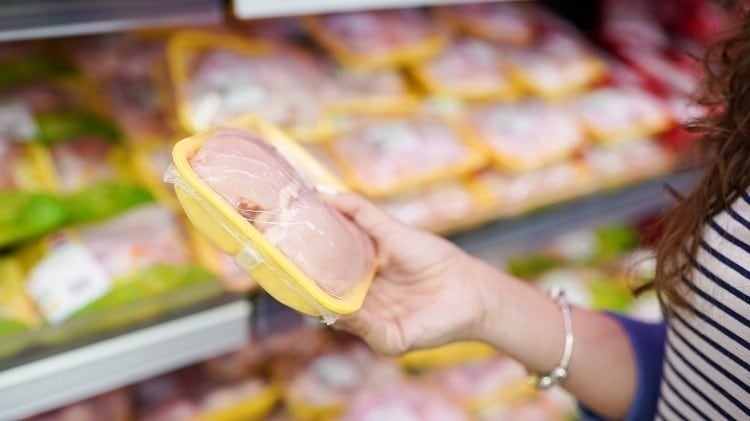
‘The story must match the label’
For Albert Heijn, product integrity is ‘crucial’, especially when it comes to claims related to animal welfare. The consumer can therefore expect greater effort to demonstrate authenticity. This is where IdentiGEN comes in.
IdentiGEN’s DNA TraceBack ‘fork-to-farm’ technology cuts through the complexity of the protein supply chain to accurately trace a product back to the individual or parent animal and farm using DNA.
Albert Heijn uses TraceBack for products made to its own animal welfare standard, not third-party certified animal welfare products (hallmarked by the Dutch SPA, Beter Leven Keurmerk; BLK 1,2,3 stars).
What started as a scheme to ensure chickens on sale were slow growth birds has been extended to include beef and, more recently, pork products.
Finished chicken products are sampled at store level and are evaluated against approved chicken genetics, to confirm the correct raw material is used during processing. The system for pork and beef works a little differently.
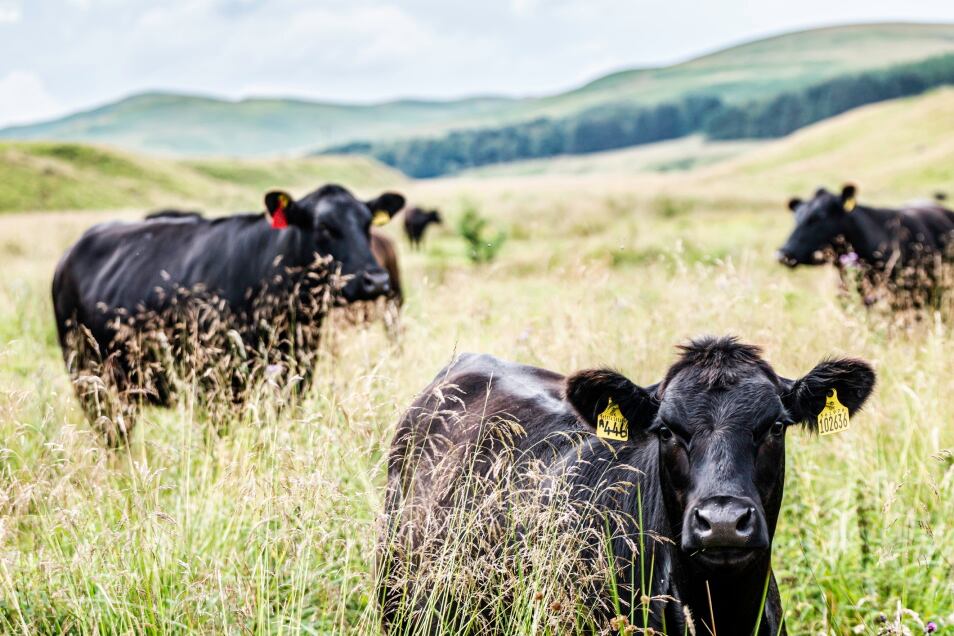
The Greenfields Angus beef and the Beter Leven one-star pork from Albert Heijn must originate from approved closed supply chains using only farms complying with agreed specification parameters.
IdentiGEN, which has been offering DNA-based solutions to the food industry since 1996, established a DNA reference database of the contributing animals which is routinely validated.
For Albert Heijn Beter Leven one-star pork products, a validated sow database was developed containing DNA profiles of all sows active within this closed supply chain. Likewise, IdentiGEN is able to scientifically verify the Angus breed and Irish origin claim associated with Albert Heijn’s Greenfields Angus beef.
Finished products, including further processed and cooked products, are sampled at store level. The DNA TraceBack platform enables detailed analysis of the DNA and producer data to connect the relevant Albert Heijn products to its source.
“The story behind a product must match the label. Thanks to DNA verification, we can prove this,” Beekwilder noted.
“We have not yet communicated the programs to the consumers. But, when I talk about the DNA TraceBack program to colleagues, family, and friends, they are always impressed. So, I think consumers will react the same way once we explain the DNA TraceBack program to them.”
DNA: As ‘undeniably unique as a natural barcode’
According to IdentiGEN, which also works with retailers like Marks and Spencer in the UK, TraceBack is considered the ‘most reliable solution’ on the market today.
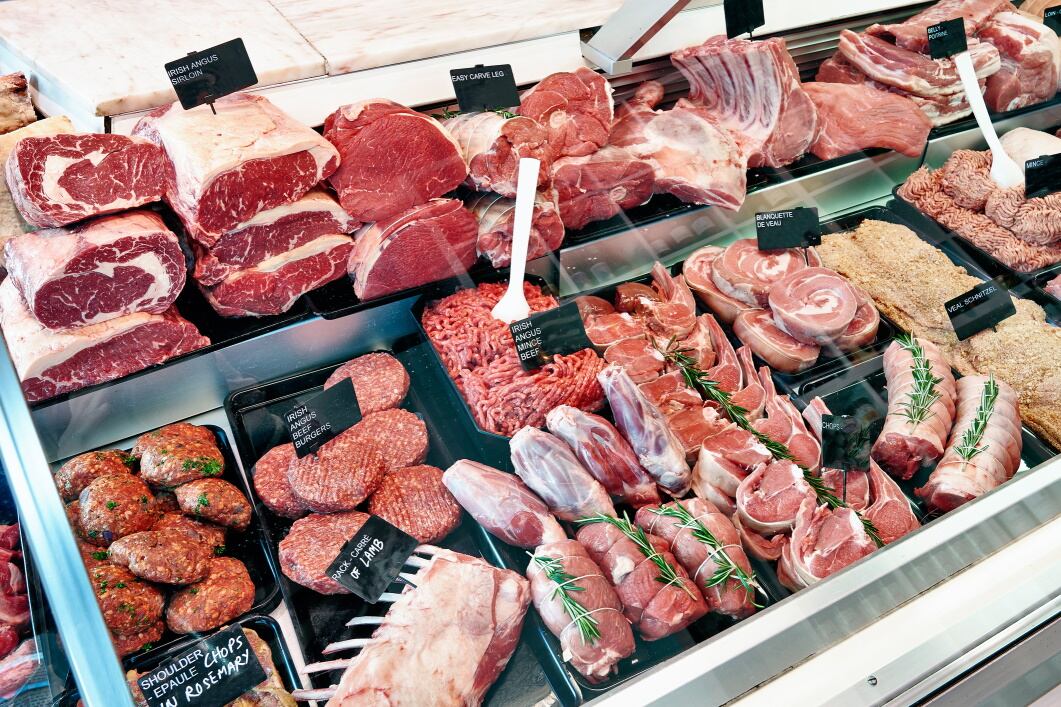
It is ‘virtually impossible’ for standard traceability solutions to trace proteins back to the source farm after they are disassembled, co-mingled and transformed at the scale required by industry. Batch movement and scale present other challenges in achieving accurate and precise traceability back to the farm of origin. DNA is as ‘undeniably unique as a natural barcode’, we were told.
“The application of DNA TraceBack brings a further degree of accountability to production practices, which are increasingly being demanded by both retailers and the consumer,” Anton Hofland, IdentiGEN Benelux, told FoodNavigator.
Hofland characterised Albert Heijn as a forward-looking retailer in its adoption of DNA testing for farm-to-fork traceability.
“Albert Heijn has a progressive mentality and is advanced in the way that it guarantees transparency within three different meat proteins,” Hofland observed.
But while Albert Heijn might be ahead of the curve as an early adopter, IdentiGEN revealed it is seeing growing demand for technologies like this in the market, particularly in light of food scares and the disruptive influence of COVID-19.
The company sees three important drivers supporting the move towards full transparency: Quality and risk mitigation; the rise of local and expectations around origin transparency; and tech catalysts that can help deliver trust both online and in-store.
“As shoppers enter a ‘new normal’ way of living imposed by COVID-19 restrictions, they increasingly seek affirmation of food authenticity - from farm to fork - to help inform and validate their personal food choices as they shop both online and in store.
“With DNA TraceBack, retailers can scientifically verify marketing messages and product claims to help tell stories with confidence, building loyalty, differentiation, and trust in a highly competitive and increasingly complex marketplace.”

